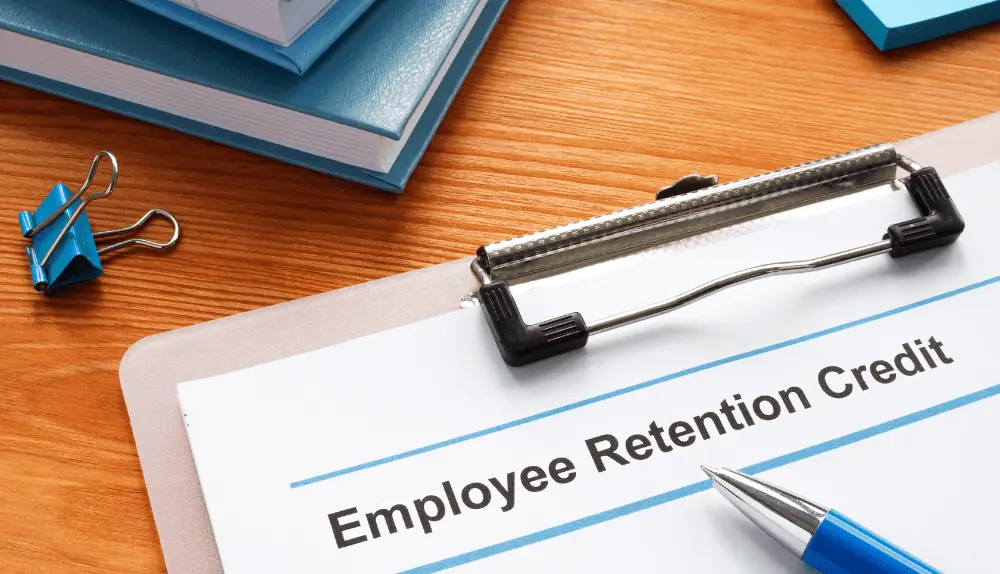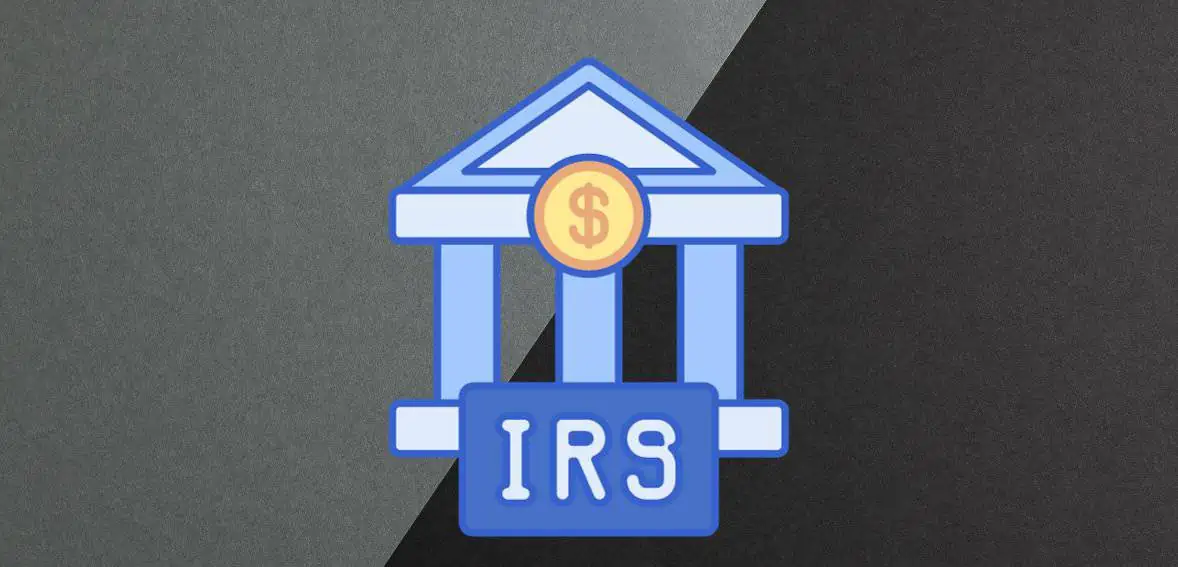On Tuesday, September 14 IRS announced that there was an immediate moratorium to be applied on the processing of new claims for the relief program called the Employee Retention Credit (ERC), started during the pandemic. According to the IRS, this is being done to protect honest small businesses from scams. As the IRS temporarily stops the ERC refund program, let’s take a moment to understand its impact on businesses.
Why Was The Immediate ERC Moratorium Needed?
The IRS had noted in the past that many promotors were aggressively encouraging businesses to apply. This aggressive promotion included false information. Below are some of the major reasons why the IRS determined there was a problem with businesses promoting ERC claims:
- False Information: Third-party promotors deliberately hide some important details about the eligibility requirement for computing the credit under the Employee Retention Credit. For example, the promotors did not mention that no all employers are eligible for the program. Most of the un-eligible employers too filed for the claims.
- Hiding Information: The promoters might not let taxpayers know that they have to decrease the amount of wage deductions claimed on their income tax return, by the value of the ERC. This is the most important information that was not explained to the employers and this eventually led to many issues.
- Aggressive marketing: ERC was a program launched to help employers from the impact of the pandemic. However, their party companies agressively pushed the program through online promotion, emails, phone calls, TV promotion, radio and text messages. This led to a flood of questionable claims.
- Fake information: Some promotions used fake letters. This was done by sending out letters to taxpayers claiming to be from non-existent organizations such, as the “Department of Employee Retention Credit.” These letters are designed to mimic IRS correspondence or an official government mailing and often include language that urges recipients to take action.
- PPP Issues: A lot of promoters fail to mention to employers that they cannot request the Employee Retention Credit (ERC) for wages that are already reported as payroll costs, for PPP purposes.
What is The ERC Moratorium?

According to the IRS, any new claims for the Employee Retention Credit (ERC) submitted after September 14th will not be completed until the end of 2023. However, submitted claims will still be processed albeit with increased scrutiny. During this time the standard processing time for existing ERC claims will extend from 90 days to 180 days. The timeframe may be further extended if additional review or an audit is required. It’s worth noting that numerous taxpayers have already encountered wait times exceeding 180 days.
What About Existing ERC Claims?

The Internal Revenue Service (IRS) will continue working on processing previously submitted Employee Retention Credit (ERC) claims that were received before the moratorium. While these claims will still be processed during the moratorium period there might be a delay. This will happen due to an extensive review of the compliance.
And all these factors will lead to an increase in the number of days to get the claims cleared. Previously it was 90 days. It might go up to 180 days or more.
It might be potentially longer if an additional review or more audit is required. To ensure the legitimacy of each claim the IRS may request documentation from taxpayers.
It is crucial for the IRS to conduct this enhanced compliance review of existing claims in order to prevent fraudulent activities. Furthermore, the agency is concerned about businesses that are facing penalties due to claims promoted by individuals or organizations. This also includes the due interests. The IRS wants to ensure that the program operates as intended and addresses these concerns appropriately.
IRS Temporarily Stops ERC –
Suggestions For Affected Businesses
Existing ERC Claims
If you currently have an ERC claim on record the IRS will still process these claims during the moratorium period. However please note that processing times will be significantly longer than usual due to the nature of these filings and the need to prevent fraudulent or improper payments to businesses.
As mentioned above it is possible that it could take up to 180 days or even longer for processing times. The IRS also wants to emphasize that many of these applications will face compliance scrutiny, which means it might take more time for payments to be processed. While the IRS focuses on ensuring compliance during this period businesses should expect extended waiting periods due to the volume of claims and the complexity of the applications.
Given the number of claims and the necessity for compliance checks to prevent fraud individual claims cannot be expedited by the IRS. The IRS suspects that many of the filed applications may not meet eligibility criteria.
Tax professionals have noted instances where a very high percentage of claims are deemed ineligible as promoters aggressively push people to apply without regard for rules.
No ERC Claim Filed Until Now
If you’re thinking about submitting a claim the IRS advises businesses to thoroughly go through the ERC guidelines while the processing moratorium is in place. It’s more important to consult with a tax professional than an ERC promoter or an ERC marketing firm looking for financial gain.
Taking a look at the rules will reveal that several businesses may not meet the eligibility criteria for the ERC and it’s best to avoid making a claim. Avoiding filing a questionable claim is the surest way to avoid audit, additional scrutiny, or penalties from the IRS.
Can I Withdraw A Current ERC Claim?
If you’ve already filed a claim and it is still pending approval then it is important to review the program guidelines again. You should do it with a trusted tax professional and refer to the question-and-answer (FAQ) guide.
For instance, the IRS has noticed that some people are incorrectly using supply chain issues as a reason for claiming an Employee Retention Credit (ERC) even though such businesses are unlikely to meet the eligibility criteria. In any situation, if a business has already claimed the ERC but hasn’t received processing or payment from the IRS then they have the option to withdraw their claim if they now realize it was submitted incorrectly. The claim can be withdrawn even if their case is currently being audited or awaiting audit. More information will be available soon.
Businesses Who Got Paid For a False ERC Claim In The Past
The IRS is currently working on initiatives including one specifically aimed at taxpayers who have already received a payment through the ERC (Employee Retention Credit) but now suspect that it was issued erroneously.
As part of this effort, a settlement program is being developed to allow businesses to return any ERC payments they may have received.
It’s worth acknowledging the role played by tax professionals in bringing about this important option for taxpayers. Tax professionals were concerned that employers were influenced by ERC promoters to file claims. Additional information regarding these developments will be made available later this year.
Furthermore, the IRS is actively exploring approaches, for addressing situations where businesses have paid a promoter contingency fee based on their ERC claim.
Conclusion – The ERC Moratorium
The IRS is still working on many factors that are associated with false ERC claims. We will have to wait for more announcements from the IRS. A clear picture will emerge in the next few months as the IRS applies more scrutiny to ERC claims being filed.

